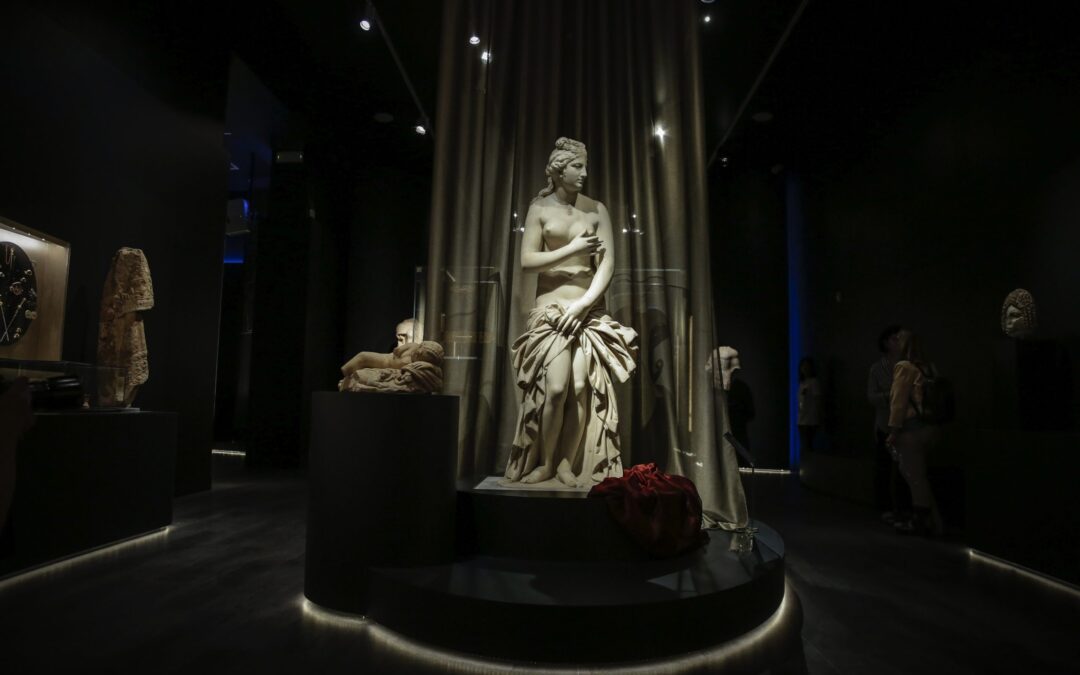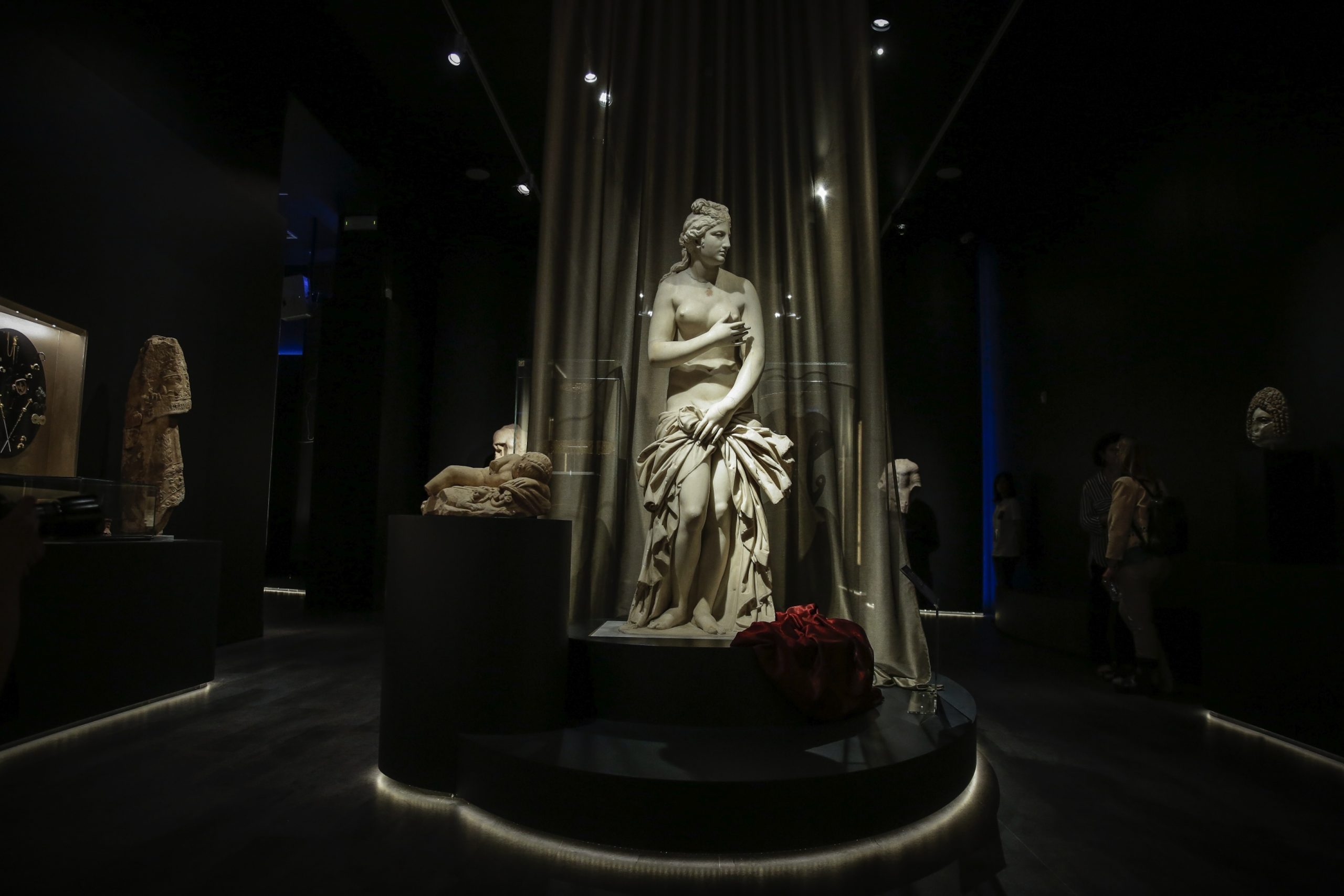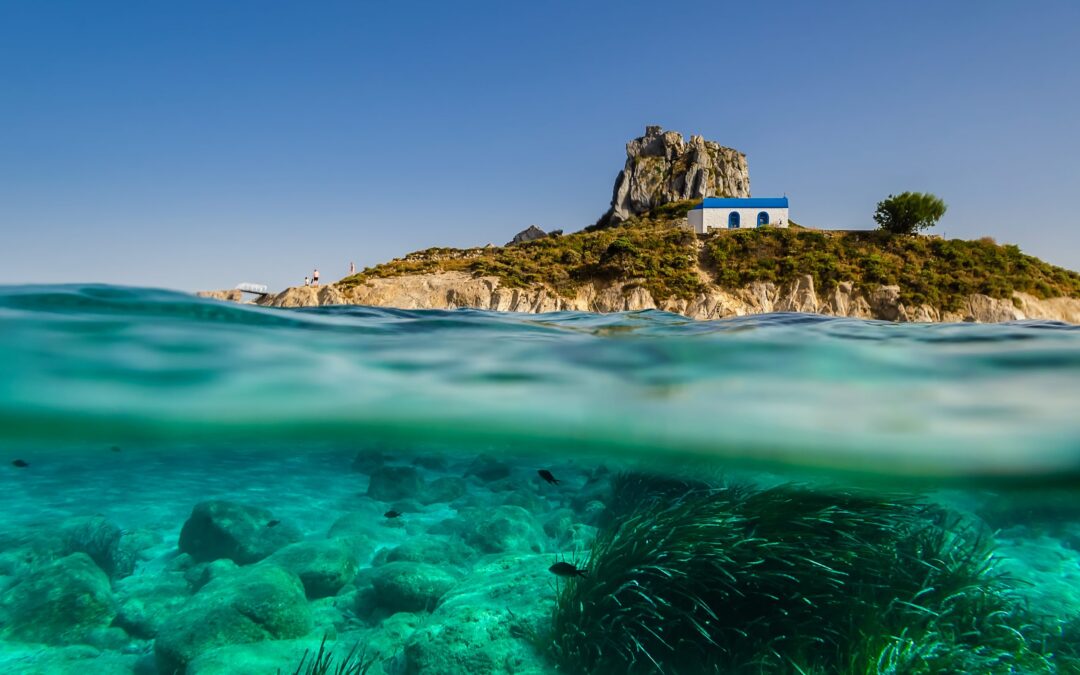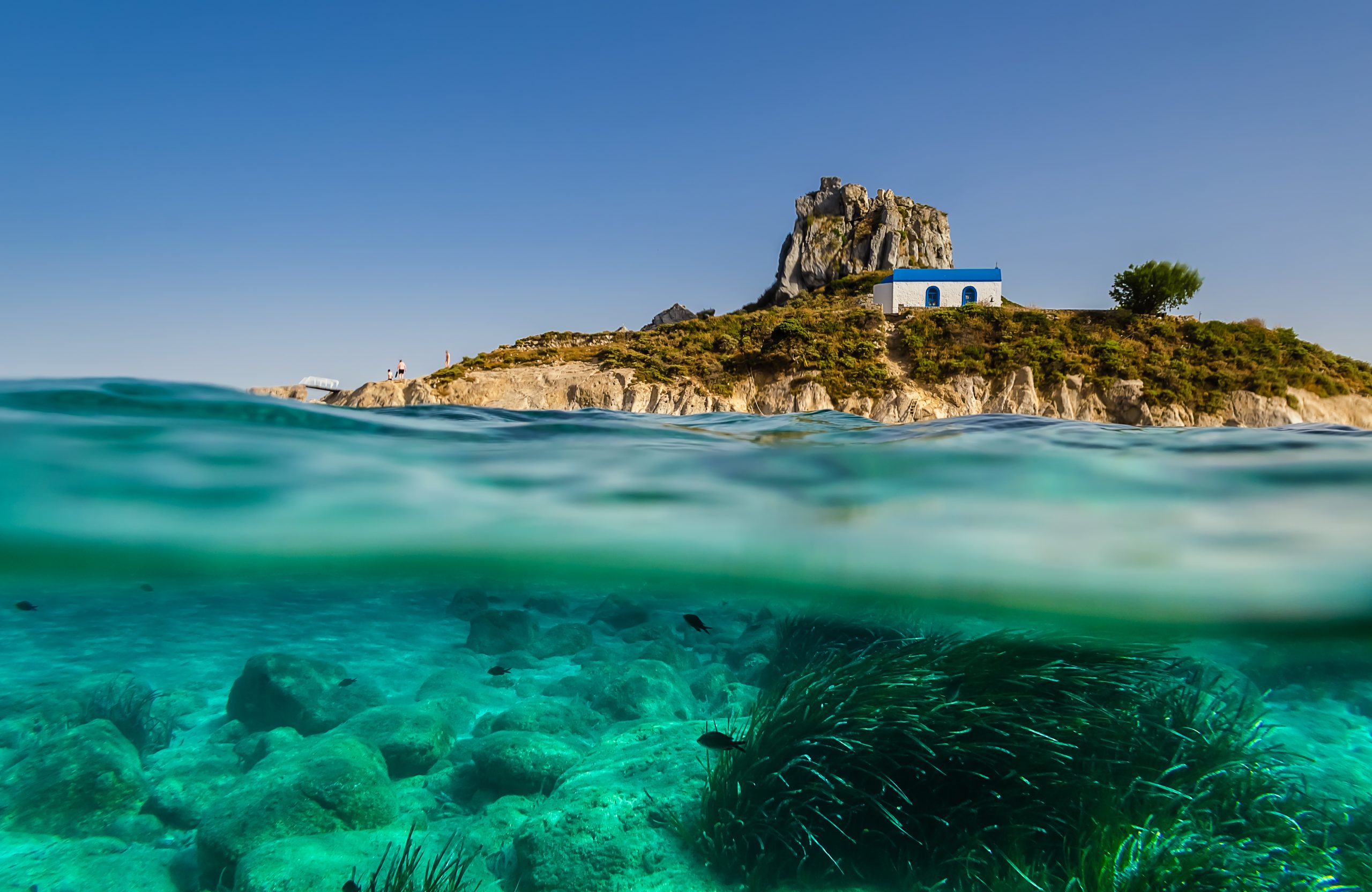
Perfumes in Antiquity & The Countless Aspects of Beauty

The National Archaeological Museum concluded its celebrations for its 150 years since its foundation, with the exhibition “The Countless Aspects of Beauty”, with three-hundred and forty antiquities – of its richest collections – in collaboration with contemporary digital means, an aesthetic feast! Indeed, a journey in time, full of aesthetic delights.
Ancient Greece has left a great legacy of innumerable aspects of what the term ‘beauty’ represents. This is what today determines each and every culture which followed. Whether we are talking
about monuments or statues, the theatre or democracy … this is what forms the western policy within which we live. Assessing and claiming cultural beauty in all its facets; constantly in search for ‘the countless aspects of beauty’ everyday.
Throughout time, man has constantly been in search of beauty. We try to tame it and make it a part of our lives. We conceal it in our sculptures, the words of our poets and in our everyday items; from the most insignificant, to the most impressive mοnuments adorning our public areas. Hidden within all things and at the same time revealed on the skin and on all surfaces.
It would not be an overstatement if we say that mankind is constantly confronting … beauty – in art, in our daily lives, but also in human relationships, politics and way of life. We are constantly in search of harmony in complexities – abundance in shortage.
Among the many secrets Aphrodite has, the world of perfume holds a special place.
The Rose of the goddess Aphrodite
Close your eyes upon opening the bottle and allow the aroma of roses to take you back a million years. The perfume of antiquity – “The Rose” – it is primordial!

Experimental Archaeology
Essential oils had a role to play – they indicated the social standard of the people wearing them. Athletes wore them at sporting events, women in labor wore them, they had a place in wedding and burial ceremonies too. Undoubtedly, Aphrodite would remove the cap and try the “Rose”, the first of three aromas (along with “Sage” and “Coriander”) which were created thanks to experimental archaeology.
The purpose of perfume within the exhibition, wishes to be reminiscent of the senses of the ancient world and to offer a unique experience to the visitor.
According to mythology, Aphrodite was borne of the ocean’s white froth and wherever she walked, colorful, aromatic flowers would grow. Two bottles of red aromatic liquid await the visitor at the museum. It is a unique unprecedented experience – inhaling the aromas of antiquity. The museum commissioned the company Korres to create aromas of prehistoric time. Till now, we only had items to see and admire – now a whole new concept is exhibited … that of smell.
With experimental archaeology, an effort is also made to decode the little information the signs of Linear B give us on how accounting at the palaces of the Mycenaean period was conducted – especially in relation to the ingredients intended for the production of these perfumes in the palace.
We have for now, this, as a guide along with recipes found in the books of Dioskouridis and Theofrastos, and later studies which were based on the method of production of these essential oils.
The “Rose of Aphrodite”, a perfume based on the rose, the favored flower and symbol of the goddess takes the leading role for now and the other two (Sage and Coriander) are to follow at a later stage.



